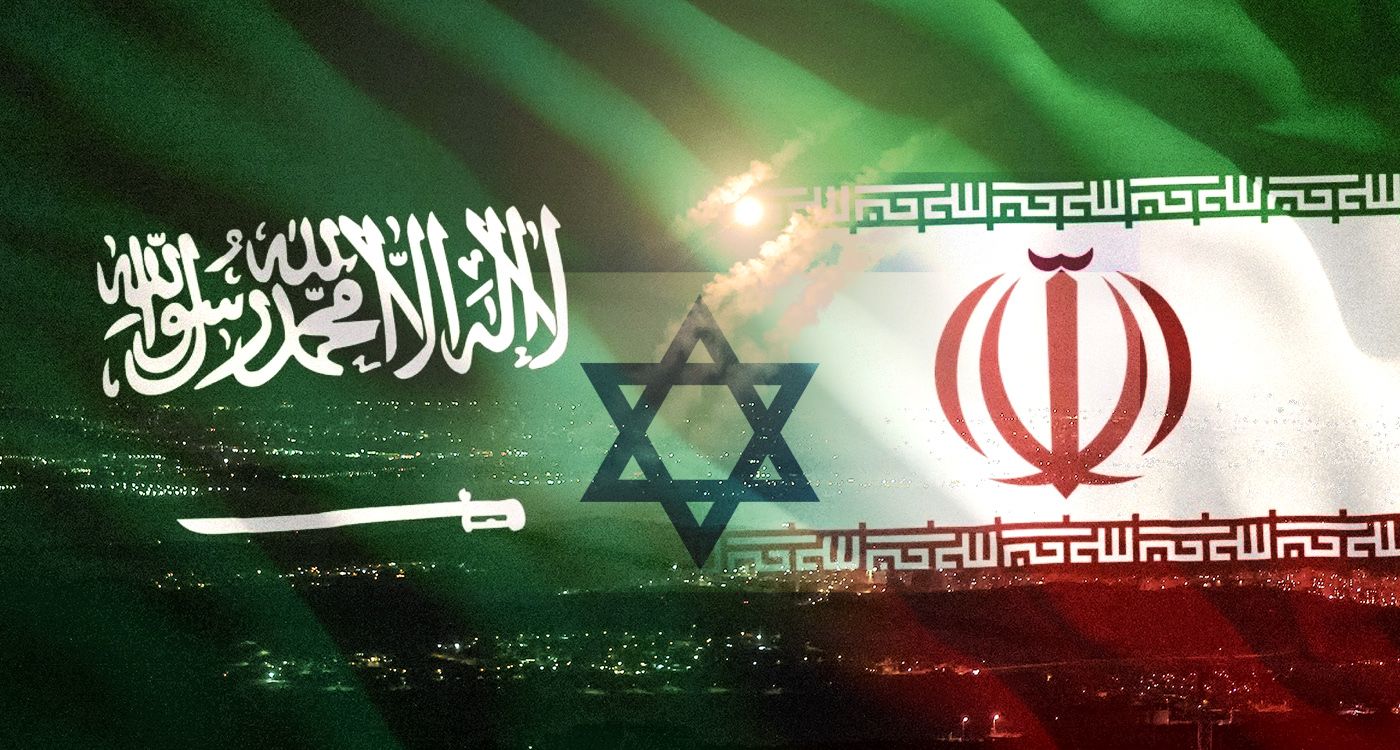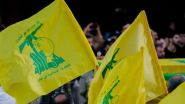
Will Israel’s response to the Iranian strike be calculated, precise, and restrained under US guidance, the same way Iran’s strike on Israel was? Will Tel Aviv comply with Washington’s directives to avoid targeting nuclear sites, keeping its actions within the parameters set by the US, or will it disregard these boundaries and strike those facilities?
In fact, Iran has framed its strike as retaliation for the assassinations of Hamas leader Ismail Haniyeh, Hezbollah Secretary-General Hassan Nasrallah, and Abbas Nilforushan, a top commander of the Quds Force, the foreign operations arm of the Iranian Revolutionary Guard Corps (IRGC). Iran has signaled that the confrontation ends here, expressing no intention to escalate the situation into a broader regional war.
The regional conflict is being waged indirectly between Israel and Iran. Just as Tehran, through Hamas, successfully launched the Al-Aqsa Flood operation on October 7 against Israel, delaying the progress of the Abraham Accords and normalization with Saudi Arabia, Israel — through its Northern Arrows operation in southern Lebanon — effectively delayed the US-Iran agreement, which Iran had been advancing with the support of reformist members in power.
In the actual context, Benjamin Netanyahu recognized that Iran — through its new strategy — was strengthening its ties with the Biden administration. The American president aimed to leverage this rapprochement for electoral gain, hoping to convert it into support for Kamala Harris. Meanwhile, he sought to secure key concessions from Iran, including ending its interference in regional affairs and cutting off military and financial support to its predominantly Shiite proxy militias.
The objective was to reduce Iran's influence, thereby boosting Harris' presidential prospects. Once in office, Harris could potentially revive the nuclear deal and unfreeze Iran’s assets. Consequently, relations between Netanyahu and Biden have been tense and strained since Biden assumed the presidency, which is far from what one would expect between two nations that are supposedly more than just allies.
In fact, the Biden administration has attempted multiple times to remove Netanyahu's government and establish a more moderate one by rallying the opposition and other political forces against it. In response to Iran's expansion in the region, reaching the borders of Lebanon and Syria and positioning itself along the Mediterranean Sea, Netanyahu took decisive action after the Houthis' attacks on vessels navigating the Red Sea toward Israel by adopting a staunch policy aimed at reducing the influence of Iran's proxies in the region.
Moreover, Israel has been informed — through diplomatic channels — that the US-Iran deal is making headway, under which Iran is requested to dismantle its military proxies before moving on to negotiations with Washington. This development followed internal changes within Iran’s power structure, as reformists attempted to curb the influence of the Revolutionary Guard, which holds a grip on power with the backing of the Supreme Leader.
Recent statements from Iranian officials highlight a divergence in policy between the Supreme Leader and the reformists, with the latter adopting a strategy of self-preservation. In addressing relations with the United States, Iranian President Masoud Pezeshkian asserted, “We do not perceive America as an enemy, however, it must end its hostility toward us and actively show goodwill. After all, we are brothers to the Americans,” all while overlooking the Supreme Leader's labeling of America as the “Great Satan.”
For Israel, the Al-Aqsa Flood operation was the ideal opportunity to devastate Gaza and eliminate Hamas and prevent its potential comeback. It imposed conditions for withdrawal that require transferring security responsibilities to joint Arab international forces under Arab supervision. Following its success in Gaza, Israel is now concentrating its efforts on Hezbollah, as part of a broader strategy to undermine Iran's influence in the region.
Netanyahu is banking on a potential return of Republican candidate Donald Trump to fulfill his objectives, while Iran is hoping for the election of Democrat Kamala Harris to secure the settlement deal and a division of influence.
The region has entered a new phase toward a comprehensive settlement, with ongoing efforts to accelerate the timeline for reaching an agreement. The visit of French Foreign Minister Jean-Noël Barrot to Lebanon reflects France's desire, backed by the international community, to expedite a resolution based on the American-French proposal. However, this approach faces opposition from Netanyahu, who is demanding guarantees for the safe return of settlers to northern Israel and the restitution of (Hezbollah) missiles to Iran.
However, it is evident that Iran remains steadfast in its confrontational stance, as expressed by Ali Khamenei and Iranian Foreign Minister Abbas Araghchi, who stated, “Iran stands with the resistance and the Shiite community, and Lebanon must serve as a support front for Gaza. A ceasefire will only be considered once it is firmly established in Gaza.” Nonetheless, the region seems to be moving in a new direction, characterized by ending Iran’s exportation of its Islamic revolution and banning arms outside legal frameworks. Crisis resolution will focus on dialogue and diplomacy, leveraging both international and regional mechanisms, rather than resorting to violence.
In Lebanon, an Iranian-Israeli power struggle is unfolding over the influence each country wields in the settlement process. As a result, both nations are adhering to established rules of engagement to avert an all-out conflict. With the rise of reformists in Iran, the Biden administration has been striving to facilitate the establishment of a moderate government in Israel as a precursor to a comprehensive US-Israeli-Iranian-Saudi agreement, paving the way for a new geopolitical landscape in the Middle East. This initiative is further bolstered by diplomatic efforts among the Quintet (Qatar, Saudi Arabia, Egypt, France, and the US) in Beirut, focused on electing a new president. Parliament Speaker Nabih Berri is playing a pivotal role, having revealed that he was entrusted by the late Sayyed Hassan Nasrallah to facilitate a ceasefire and oversee the presidential election.



Comments